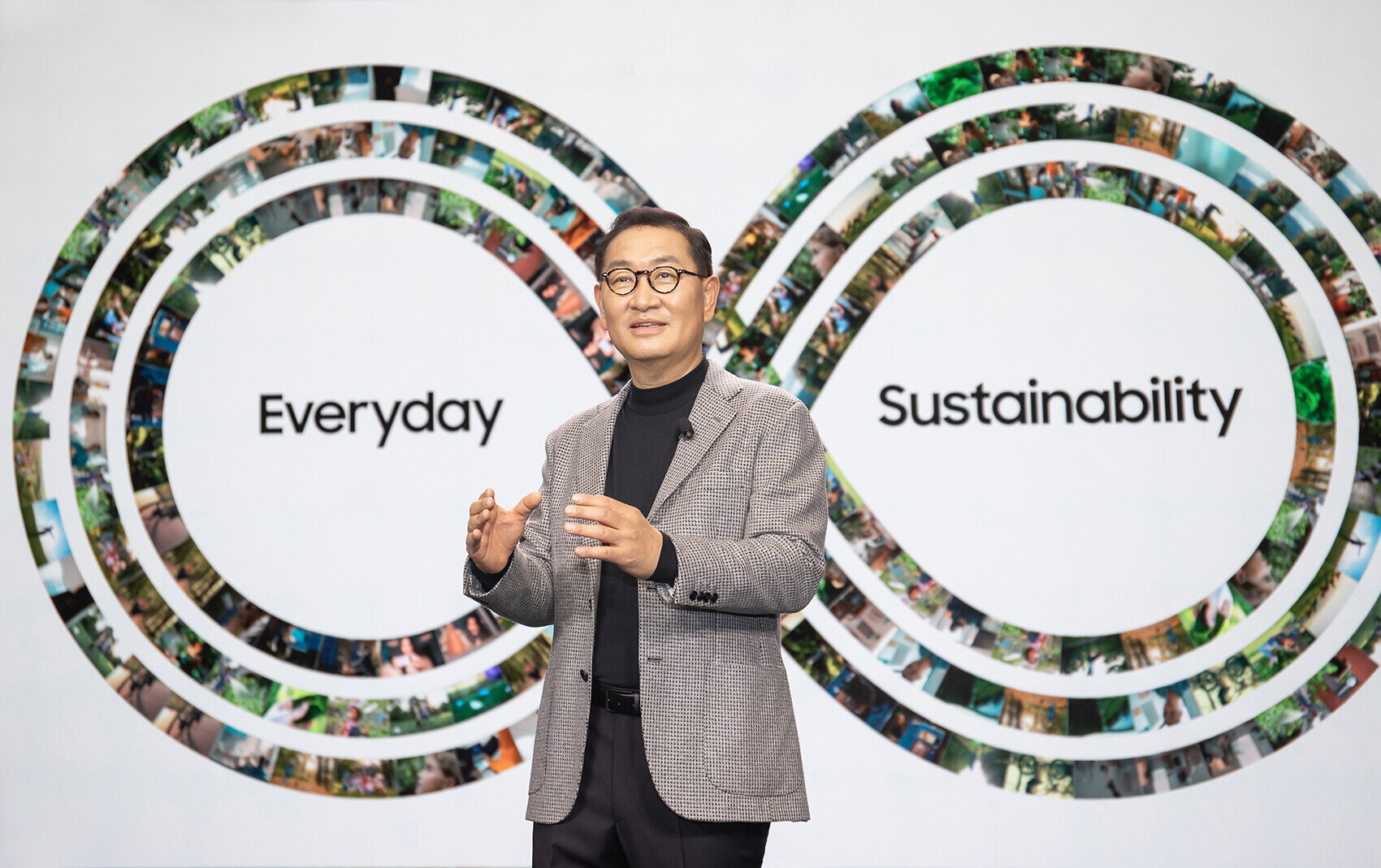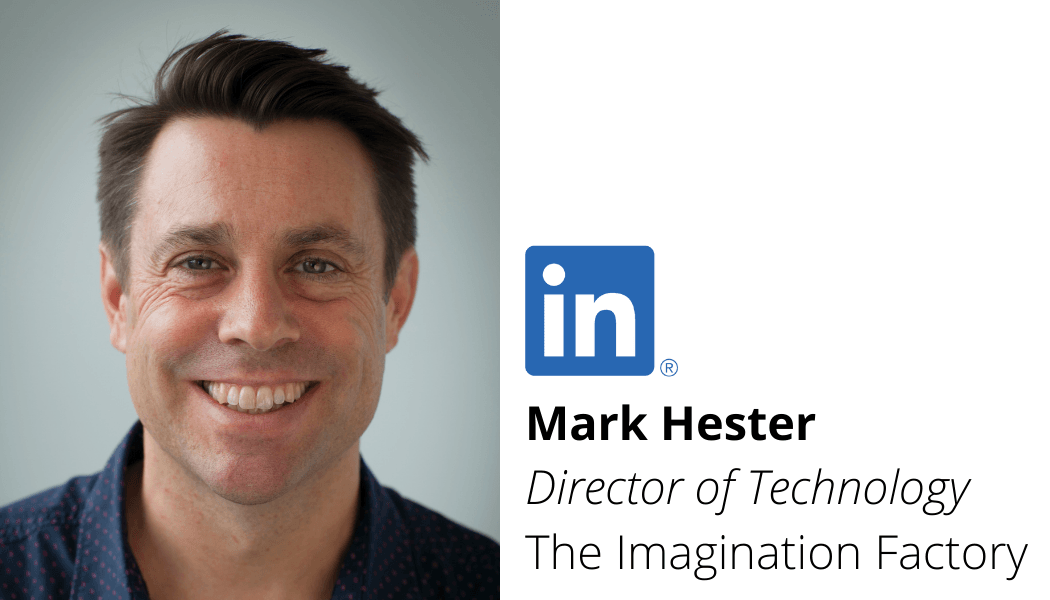Can technology save us?
The doors closed on CES 2022 (the Consumer Electronics Show) over a week ago and now the dust has settled we’ve had a chance to reflect on what we saw and heard.
As always, CES presented a dizzying array of new products from established businesses and disruptive startups. Keynote speeches from the likes of General Motors, Samsung and Abbott Labs gave us a glimpse into the ways these companies are thinking about the future.
But if we had to summarise the whole event in a sentence it would be that technology will save us...if it doesn’t ruin us first.
We found this sentiment in 3 key areas; togetherness, sustainability and healthy ageing.
TOGETHERNESS
Samsung’s keynote speech used Togetherness as a central theme. Much emphasis was placed on the idea that technology can help overcome some of the social isolation that many of us experienced during the pandemic. But this concept was also imbued into the launch of the Freestyle projector which has been designed to be portable. This creates a multitude of use cases that enable people to socialise around a screen that can be placed anywhere.
We particularly liked the idea of attaching the projector to a light fitting and projecting down onto a surface and can imagine family Christmas games reaching a whole new level!
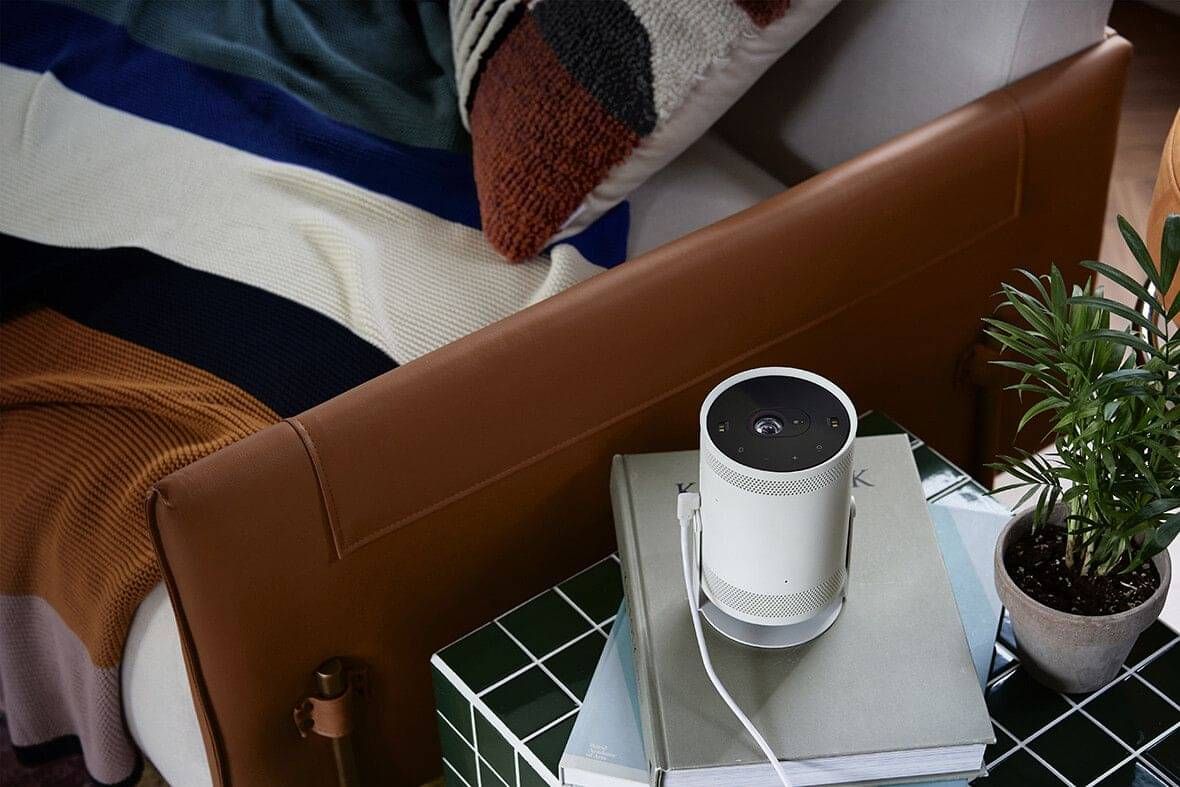
Togetherness was not limited to human interaction either. There were all kinds of amazing robotics products on display and even devices that bring owners closer to understanding their pets. Invoxia’s smart dog collar uses miniature radar technology to detect the heart rate and respiration of your four-legged friend. This can be particularly helpful if your pet is recovering from surgery or has a health condition.
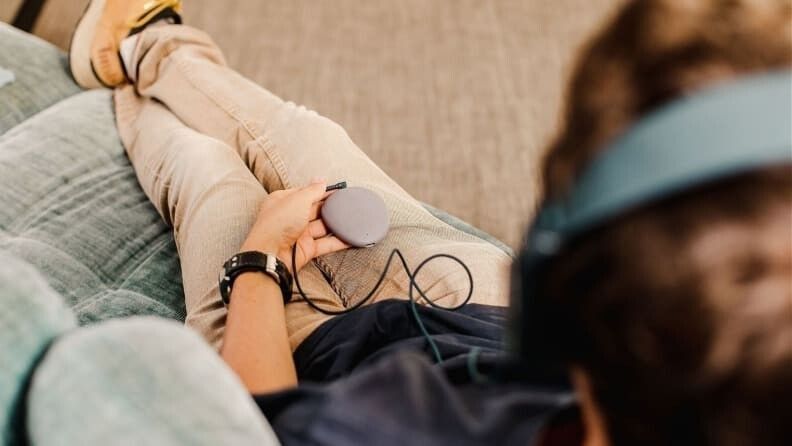
The cynical amongst us might point to the fact that technology and screen-time have played a major role in dismantling our social cohesion. But companies seem to be responding to this which is also evidenced by the number of screenless devices like the Morphée Zen screenless meditation device that were on show.
SUSTAINABILITY
It was encouraging to see the variety of ways companies are engaging with the challenge of a more sustainable lifestyle.
Samsung showed us that it’s possible to have a remote that needs no batteries because it can harvest power from solar and the WiFi in our homes.
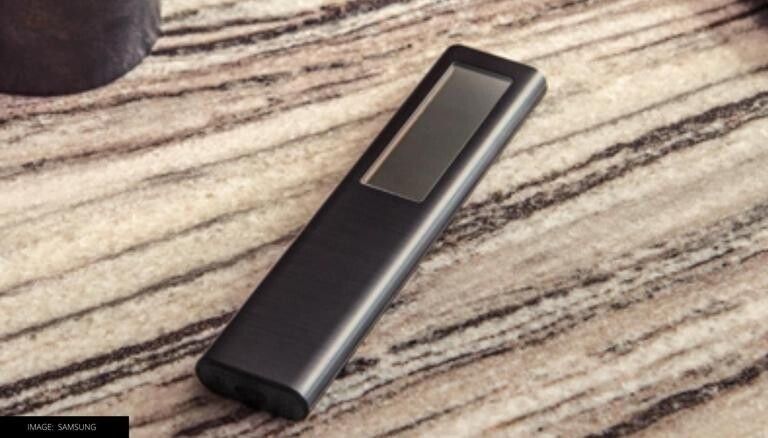
HEALTHY AGEING
This is a subject we have been thinking about deeply and we know we are not alone. So, it was encouraging to see several innovative products that use digital technology to improve or maintain quality of life for the ageing population.
Probably the most impressive was the demonstration of the Neurosphere Virtual Clinic App from Abbot Labs. The tremors of a patient with Parkinson’s disease were brought under control in real-time by a clinician using the App to remotely interact with the patient’s brain implant.
Whilst not as Sci-Fi as brain implants, we were interested to see several companies showcasing smart doors for the home. An automatic internal sliding door caught our attention because of the way someone can open and close it with a simple gesture. From our research, we know that moving from one internal space to another can prove tricky as we age.
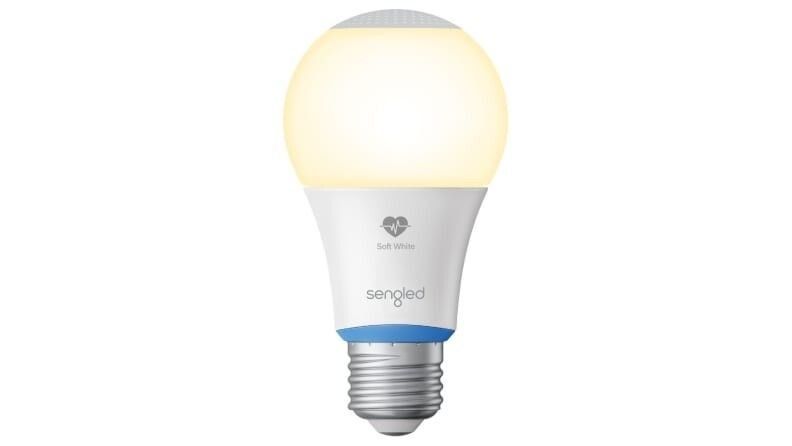
We also like the thinking behind the Sengled lightbulb which has sensors that can track various biometrics including heart rate and sleep patterns. Its unobtrusive, retro-fit nature means it could be easily added to the home of an elderly person that we are concerned about and help us monitor their health.
Should we look to technology to bring us closer together, help us live more sustainable lives and look after us in our twilight years? If the products on show at CES are anything to go by there are some promising signs, but let's not assume that technology can do this on its own.
